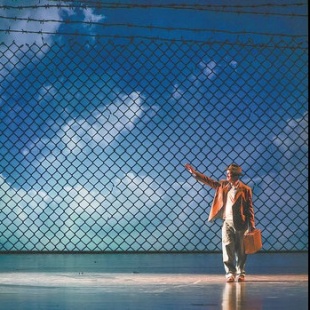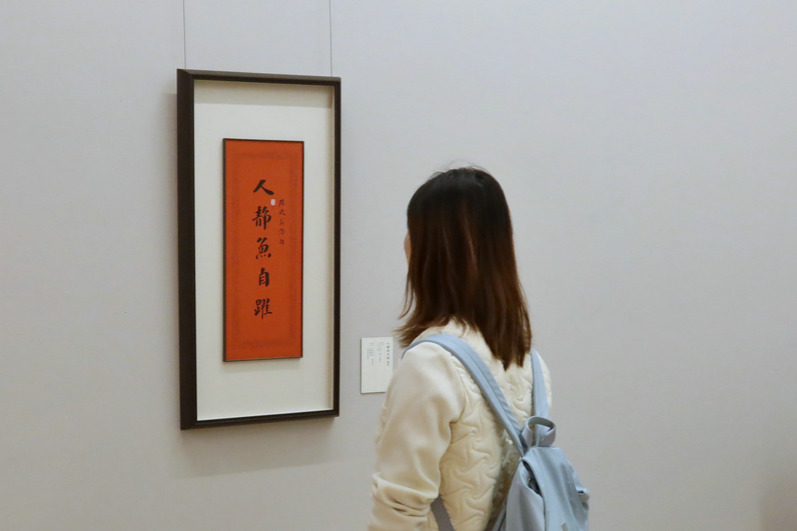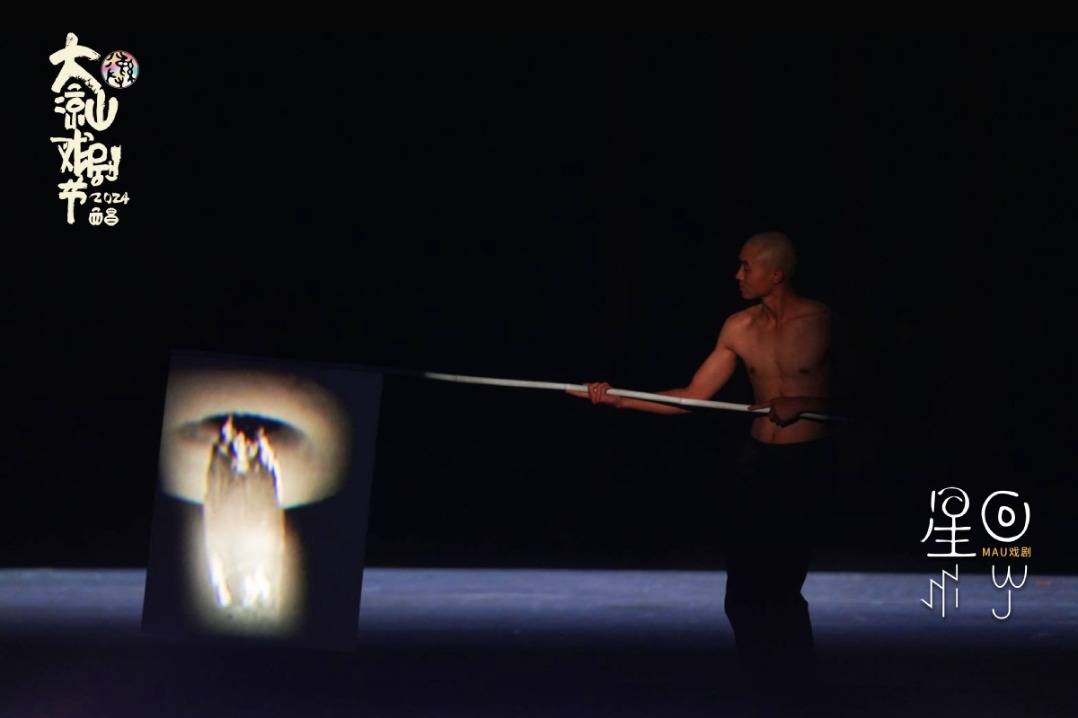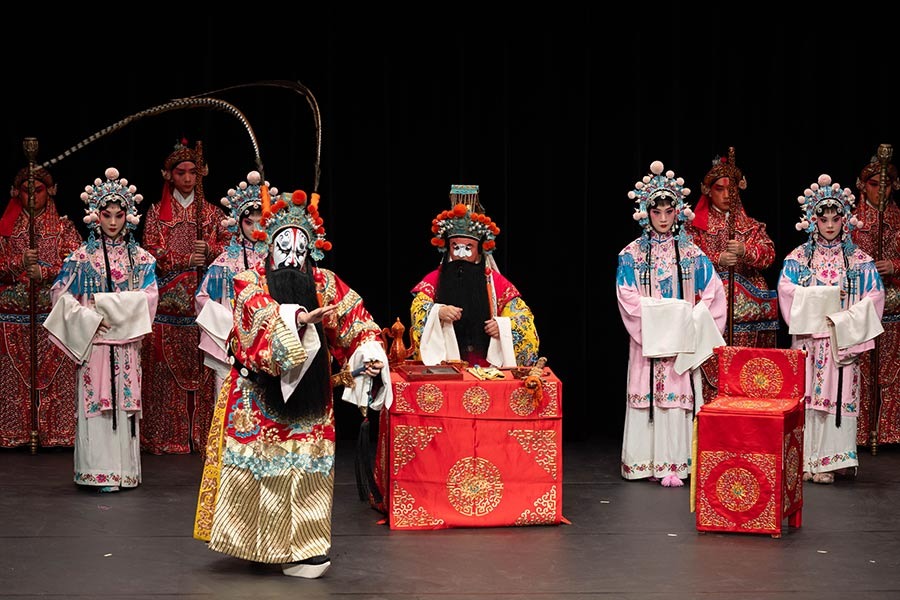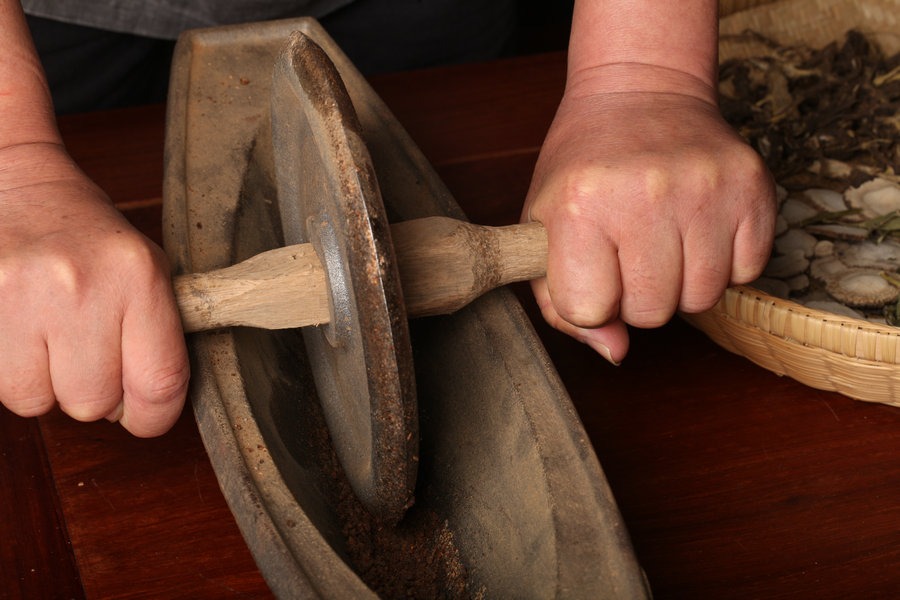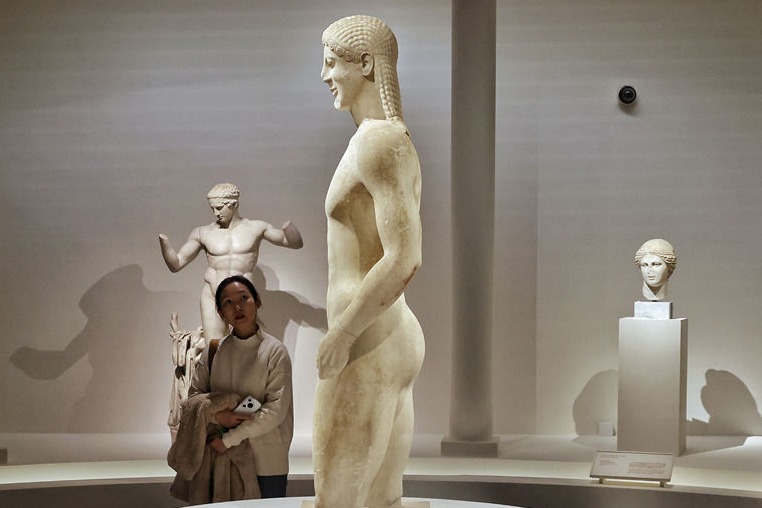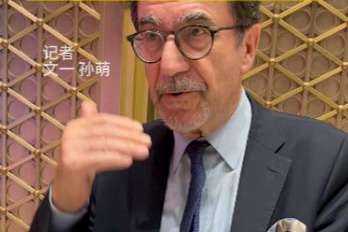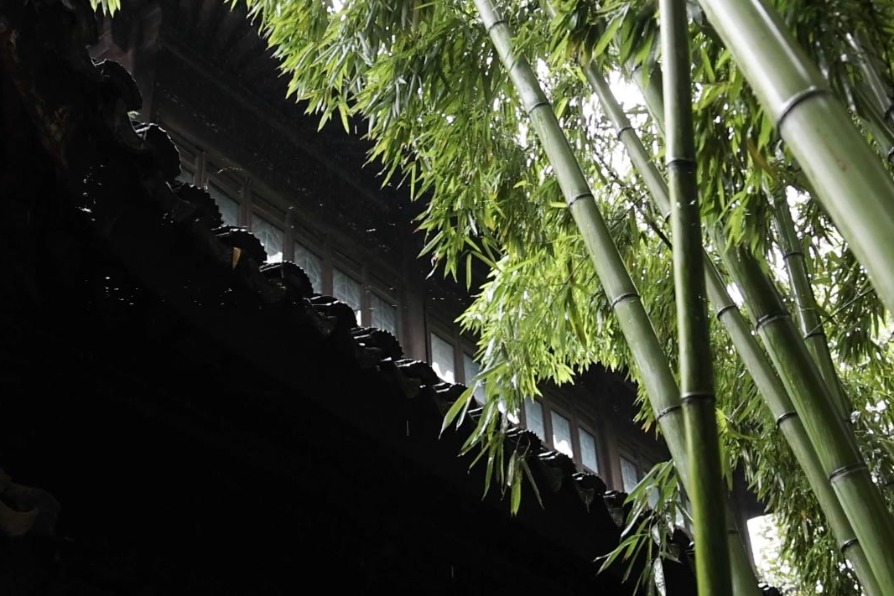Stages of translation


Zhang once worked with Tim Robbins — the award-winning actor who starred as Dufresne in the 1994 movie. In 2011, the two were cast in Chinese director Feng Xiaogang's famine-themed epic film, 1942.
"I was so excited when I heard from Guoli that he is adapting the movie into a Chinese-language play with a full foreign cast speaking Mandarin. This is such a huge undertaking," Robbins says in his letter to the Chinese audience.
"I know The Shawshank Redemption has made an impact on generations of people, and I am so impressed that Guoli is going to bring it to the Chinese theaters and present it to a wider audience in China. Even if the play is in Mandarin, I gotta say — from all us actors across the world — that when it comes to performing, language doesn't stand in the way of reaching people's hearts."
Robbins also recounts his last visit to Beijing, nearly a decade ago, with a performance troupe staging A Midsummer Night's Dream.
"I am so delighted that my reconnection with Guoli after 10 years is through this story that we both have passion for."
Zhang says: "It was very difficult for us to bring these actors together, just like looking for a needle in a haystack. They not only act very well, but also speak Mandarin just like native speakers, which took a great deal of training."
According to Yao Yi, CEO of the Chinese play's coproduction company, Longma Entertainment, which was cofounded by veteran scriptwriters Zou Jingzhi, Liu Heng and Wan Fang in 2008, the idea of adapting the classic work into a Chinese stage production started several years ago, but the plan was postponed due to the pandemic.
"We had never produced a Chinese-language play featuring an all-foreign cast, which was a bold and challenging idea," Yao says.
"We had a team from the Beijing Language and Culture University provide language training to the actors. Zhang (Guoli) not only served as the director of the play but also coached performances."


